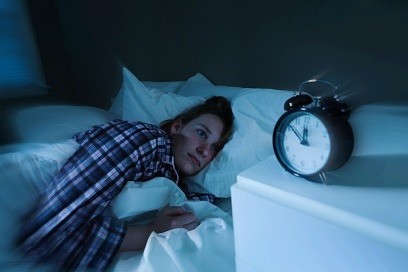The body is conditioned to receive at least 8 hours of sleep per day. However, because of certain psychological problems, people may find it difficult to do so. Find out more.
Sleep is a basic human need. People sleep in order to rejuvenate their bodies and give it some rest before they can work for another day. However, one of the most common problems that psychiatrists and doctors get approached with is lack of sleep, also known as insomnia. People may not be able to sleep for a number of reasons, and surprisingly, most of the reasons why people are unable to get a good night’s rest is psychological.
Reasons For Insomnia
The psychology of the mind is a complex thing, and just as there are people who suffer from lack of sleep, there are as many people who suffer from psychological disorders, in equal measure, and the two are related to a large extent. Out studies have found that certain psychological problems can lead to effects, which may lead to lack of sleep at night.
- Stress- this is one of the most common psychological problems that people suffer from. Because of stress in the workplace, stress in inter-personal relationships and other stresses, people are unable to sleep or concentrate on their work when they awake, leading to them being stuck in a deeply disturbing lingo.
- Depressions- this is another common [psychiatric problems which affects people of all ages. Depression is momentary, or it may also be clinical depression, which is an actual medical condition, and one of its effects is certainly insomnia.
Obsessive Compulsive Disorder- this is a mental problem, which in mild terms can be described as a situation where the patient aims for perfection in every sphere of life. One thing out of place can turn them into a neurotic mess. Simple things might keep them awake at night, which is basically insomnia.
